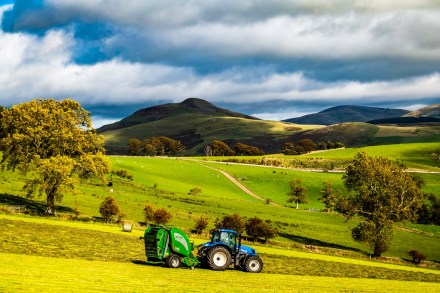Coronavirus has forced militant firefighters to help the NHS
Even in the darkness of the pandemic, there is the occasional shaft of light. In its sweeping impact on our civic infrastructure, the coronavirus has achieved something that no recent governments have managed. It has forced a radical change in our outdated, under-occupied fire service by vastly enhancing the duties of firefighters. No longer will brigades just narrowly focused on attending fires. Instead, they will become a proper emergency service, complete with medical responsibilities. Under an agreement reached last week between employers, fire chiefs and the Fire Brigades Union (FBU), firefighters will embrace additional duties during this unprecedented emergency. These will include the delivery of essential items like food and




















